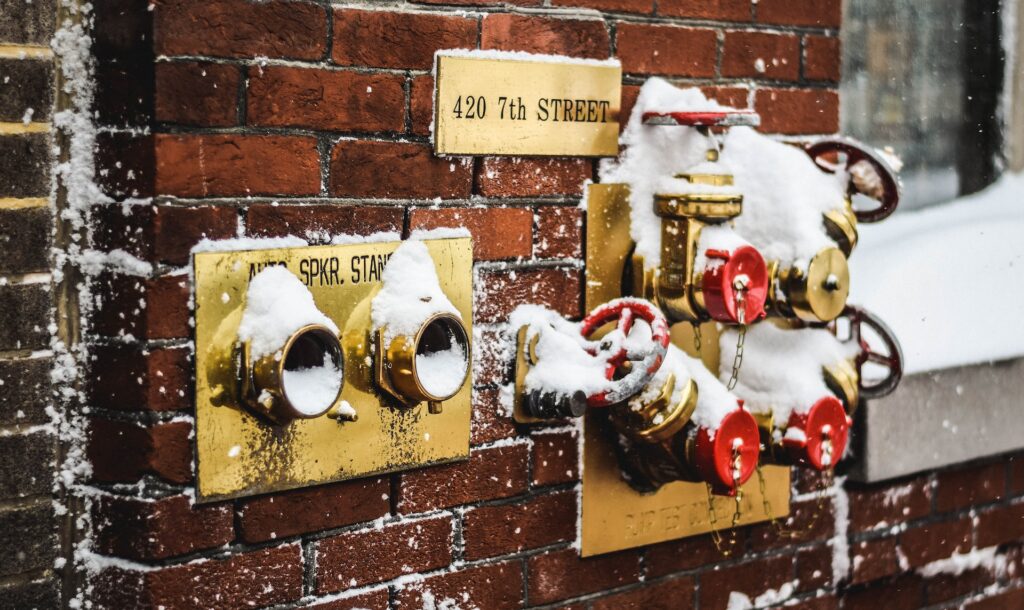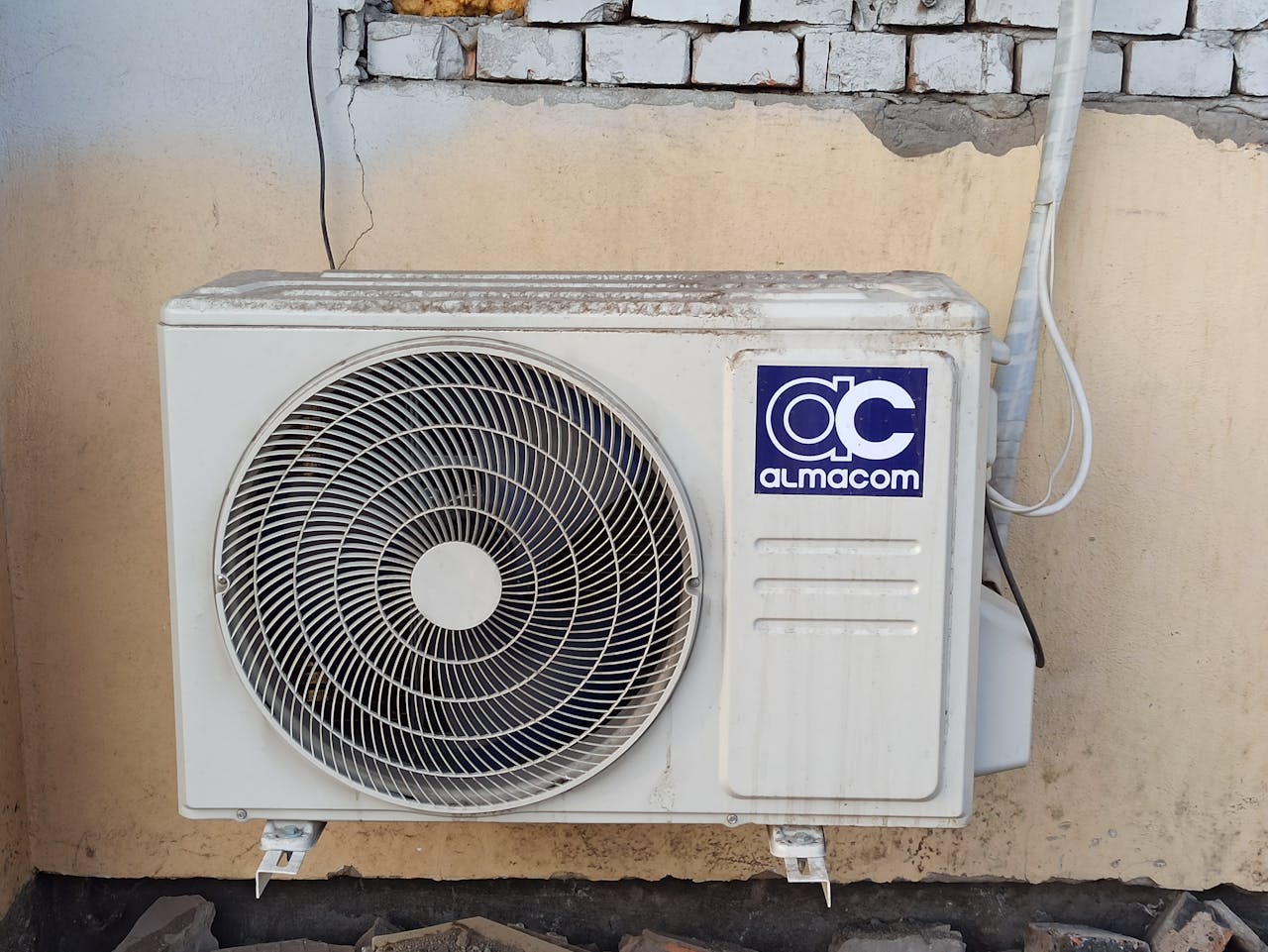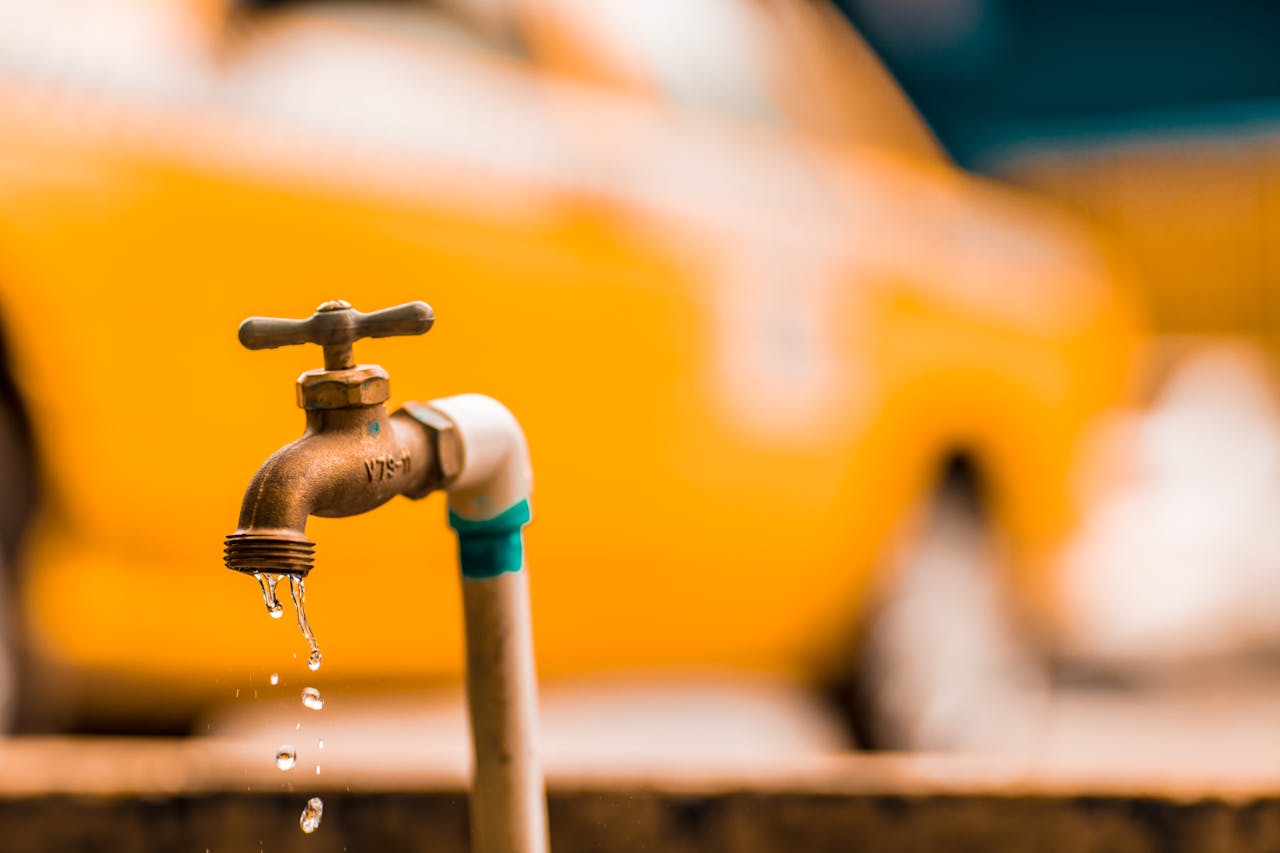Winters in Denver can be harsh, and the plummeting temperatures can have a significant effect on your home’s plumbing system. One of the most common and potentially devastating cold-weather issues homeowners face is frozen pipes. When the water inside your pipes freezes, the ice expands, applying immense pressure on the pipe walls, and leading to potential rupture and water damage. It’s crucial for Denver homeowners to understand the science behind frozen pipes to better prepare and safeguard their homes during the colder months.
We’ll delve into the factors that contribute to frozen pipes, the science behind the freezing process, and the effect cold weather has on your plumbing system. Leverage the expertise of Doctor Fix-It Plumbing, Heating, Cooling & Electric, your trusted provider of expert plumbing, HVAC, and electrical solutions in Denver, to help you protect your home from the costly threat of frozen pipes.
1. The Physics of Freezing: How Pipes Become Frozen
When water freezes, it expands, occupying more space than its liquid form. This phenomenon occurs because water molecules form hexagonal ice crystals, resulting in a more spacious arrangement compared to their liquid state. Consequently, the internal pressure within the pipe increases due to the expanded volume of ice.
The stress on the pipe walls derives from two factors: the increasing volume of the ice and the buildup of water pressure behind the ice blockage. Both factors contribute to the risk of a pipe rupture, which can lead to water leakage, damage to your property, and costly repairs. Understanding these factors enables homeowners to better appreciate the importance of protecting their plumbing systems from freezing temperatures.
2. Identifying High-Risk Pipes: The Most Vulnerable Locations
Some sections of your plumbing system are more susceptible to freezing than others. Being aware of these vulnerable points assists in adopting the necessary precautionary measures. Here are the primary high-risk locations for frozen pipes:
- Pipes located in exterior walls: Pipes that run through uninsulated exterior walls are exposed to the cold outdoor environment, making them prone to freezing.
- Unheated interior spaces: Pipes inside unheated areas, such as basements, crawl spaces, and garages, face an elevated risk of freezing due to the lack of warmth from the living spaces.
- Exposed outdoor pipes: Exterior plumbing, such as hose bibs and sprinkler lines, lack protection from the elements and can be easily affected by freezing temperatures.
3. Preventive Measures: Protecting Your Plumbing System
Preventing frozen pipes is crucial for maintaining a functional plumbing system during winter. Here are some effective measures to avoid the risks associated with freezing temperatures:
- Insulation: Proper insulation of vulnerable pipes will slow down the heat loss, reducing the risk of freezing. Insulate attic and basement pipes with foam or fiberglass insulation, and use specially designed pipe insulation for outdoor plumbing.
- Maintain a consistent indoor temperature: It’s essential to keep a consistent temperature in your living spaces, preferably above 55°F (12.8°C), even when you’re not home. This prevents temperature fluctuations that could cause condensation and freezing within your pipes.
- Seal air leaks: Ensure that all cracks and openings around windows, doors, and vents are sealed to prevent cold air from entering your home and affecting your plumbing system.
- Let water drip: During extreme cold spells, keep vulnerable faucets slightly open, allowing a slow drip. This relieves pressure and reduces the chances of freezing within the pipes.
- Keep cabinet doors open: During cold snaps, open the cabinet doors underneath sinks to circulate warm air around the pipes and decrease their risk of freezing.
4. Detecting Frozen Pipes: Warning Signs and Inspection Tips
Early detection of frozen pipes can help prevent water damage and save on costly repairs. Here are some warning signs and steps to assess your plumbing system:
- Restricted water flow: If you notice a significant decrease in water pressure or flow from a faucet, it may be an indicator of a frozen pipe.
- Unusual odors: Unusual smells emanating from drains or faucets could point to a partially or fully blocked pipe.
To inspect your plumbing system, follow these steps:
- Identify the affected pipe: Check which faucet or fixture has a restricted water flow, and trace the connected pipe to find the freezing point.
- Examine the pipe: Inspect the pipe for frost, ice, or bulging sections, which indicate the presence of a blockage.
- Thaw the pipe: Use a hairdryer, heat tape, or space heater to safely warm the frozen section, and open the faucet slightly to relieve pressure and facilitate water flow.
5. Responding to Frozen Pipes: Emergency Measures and Professional Help
If you suspect a frozen pipe, it’s crucial to act quickly to prevent possible water damage. Follow these emergency measures:
Shut off the main water supply: This prevents water from flowing into the system and reduces the risk of pipe rupture and flooding.
Open the affected faucet: Opening the faucet relieves pressure and allows melted ice to flow out as the pipe thaws.
Consult a professional: If the pipe has already burst or you’re unable to locate or thaw the frozen section, consult a professional plumber immediately to mitigate further damage.
By comprehending the science behind frozen pipes, homeowners can proactively safeguard their homes during Denver’s cold winters and address any plumbing issues that arise. Properly insulating and maintaining your plumbing system, staying vigilant for warning signs, and knowing when to call in the experts can protect your home from the costly consequences of frozen pipes. Prolong the health of your plumbing system by relying on the expertise of Doctor Fix-It Plumbing, Heating, Cooling & Electric, the trusted source for expert plumbing, HVAC, and electrical solutions in Denver.
Safeguard Your Denver Home with Expert Plumbing Solutions
Understanding the science behind frozen pipes equips Denver homeowners with the knowledge to protect their plumbing systems from the harsh winter conditions. Prevention, detection, and timely intervention can prevent costly repairs and damage to your property. Trust Doctor Fix-It Plumbing, Heating, Cooling & Electric, your reliable provider of expert plumbing, HVAC, and electrical solutions in Denver, CO, to guide you through the process of safeguarding your home from the threats of cold weather and frozen pipes.
Don’t let frozen pipes disrupt your home life and cause unwanted damage. Contact Doctor Fix-It Plumbing, Heating, Cooling & Electric today for personalized plumbing solutions and the expertise to ensure your home remains comfortable and secure throughout the frigid Denver winters. Let our plumbers in Denver, CO, be your dedicated partner in maintaining the health and longevity of your plumbing system.

















